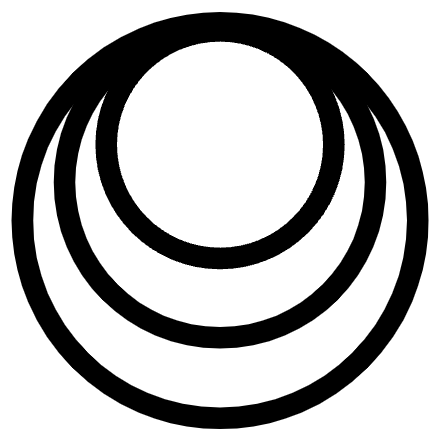There are a few concepts that, while critical to my healing, are simultaneously obstacles. The dual concepts of truth and reality are two such. Truth are stories which I believe are actual, and reality is the collection of those truths. The problem enters when I consider relativism. What is true to me, may or may not be true to others or to all. How do I escape the quicksand of these two concepts? What is true in reality?
Most of my healing is focused on simple re-understanding. Disengaging from modes of belief and convictions that keep me trapped and confused. Truth and reality two of the most important concepts. If I assume that reality is the collection of all truths within the system, how do I decide what is and is not true? The answer is hidden within that question: decide. More specifically: how do I decide? I decide. I have the deciding power. I am the arbiter of what is and is not true. What is and is not reality. I am the sovereign of it all. Before there can be a truth or even reality, there is me, the decider of what either of them mean.
And though that is clearly truthful — that I am the decider — I must also believe what I decide. If I decide a thing is true but over time it fails to account for or contradicts other truths I hold, then my decision will matter very little. Why? Because my conviction is critical to supporting my decision. My conviction can either fortify or corrode my decisions. So my decision — whatever it might be — must be supported by my convictions. How do I achieve convictional certitude for my decisions?
This is the point where I must expose the critical but missing component: potency. Potency is the measurement of truthfulness, and reality is the collection and assortment of all truths, in order from most to least potent. How do I assess potency? Simply: that which I most directly and intimately experience and know is the most potent. That which I most indirectly experience is the least potent. That which I know without having to think, calculate, reason, or assess is the most potent. And that which I can only imagine is the least potent.
The most potent of all truths is simple: I am. I am here, now, and as far as I can say, I always have been. This is the most potent of all truths, and nothing can convince me differently. To me, of course. But that is what is so critical to potency; I am the central subject of any and all truths. The less central I am, the more impotent is the truth. A truth about another person in another time who I have not and cannot meet designates that story as impotent. A story about some scientist in Europe who invented some well-known, establishment fact is impotent. Isaac Newton and gravity: impotent. Einstein and relativity: impotent. Hawking and black holes: impotent. Even the idea of my mother and her own experience: impotent. Any story where I am not the central actor, no matter how loudly it is proclaimed to be true, is impotent to me.
Potency is the key factor in determining how I should conduct myself in these episodes I call awakenings. If I am focused on stories where I am not the central experiencer, then I am focused on the least truthful, least real, and most impotent features of my experience. While I cannot, at this point, spend my entire awakening focused on I am, that is precisely what I aspire to. And to do that I must stop consuming and participating in stories in which I am not central. In other words, I must think only of my own self and disengage from storytelling where I am not the central actor.
…
